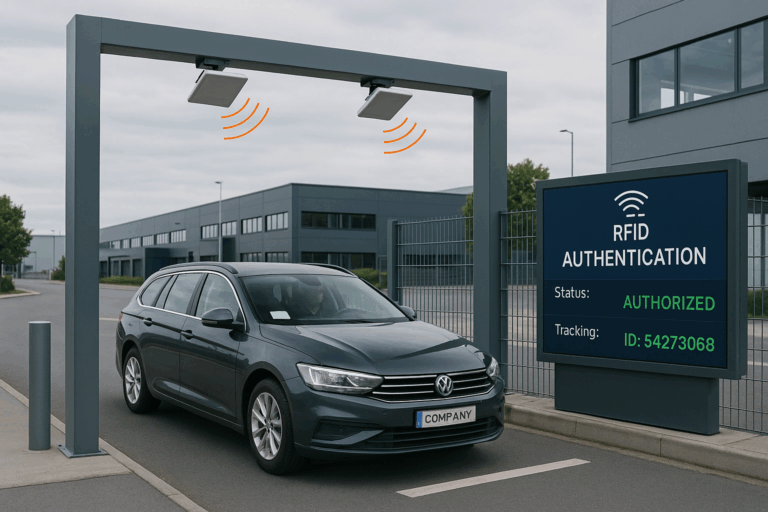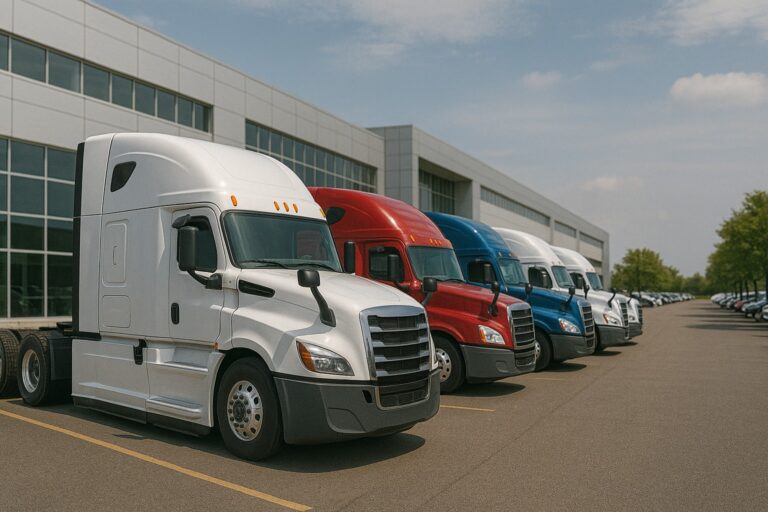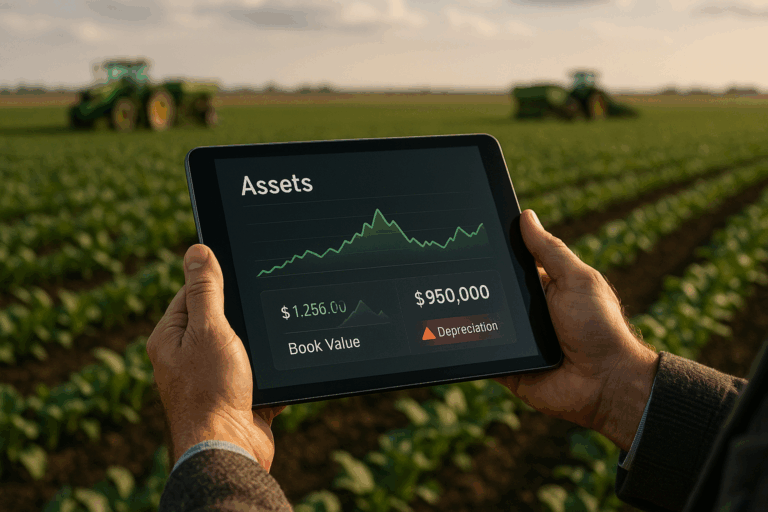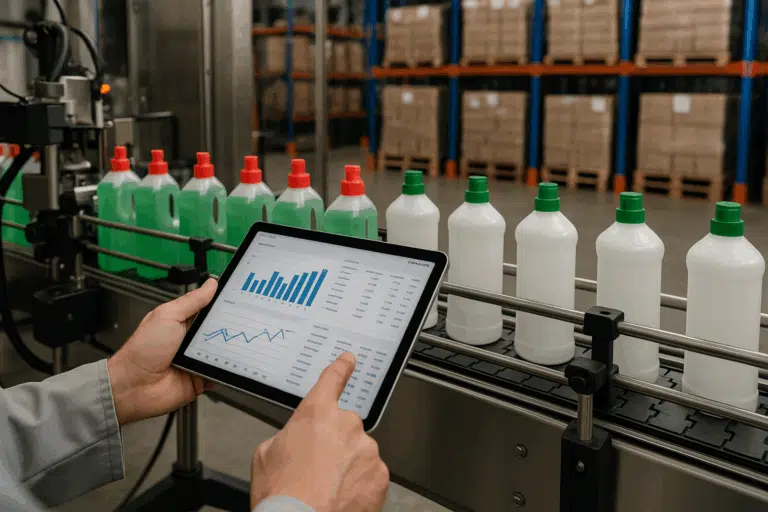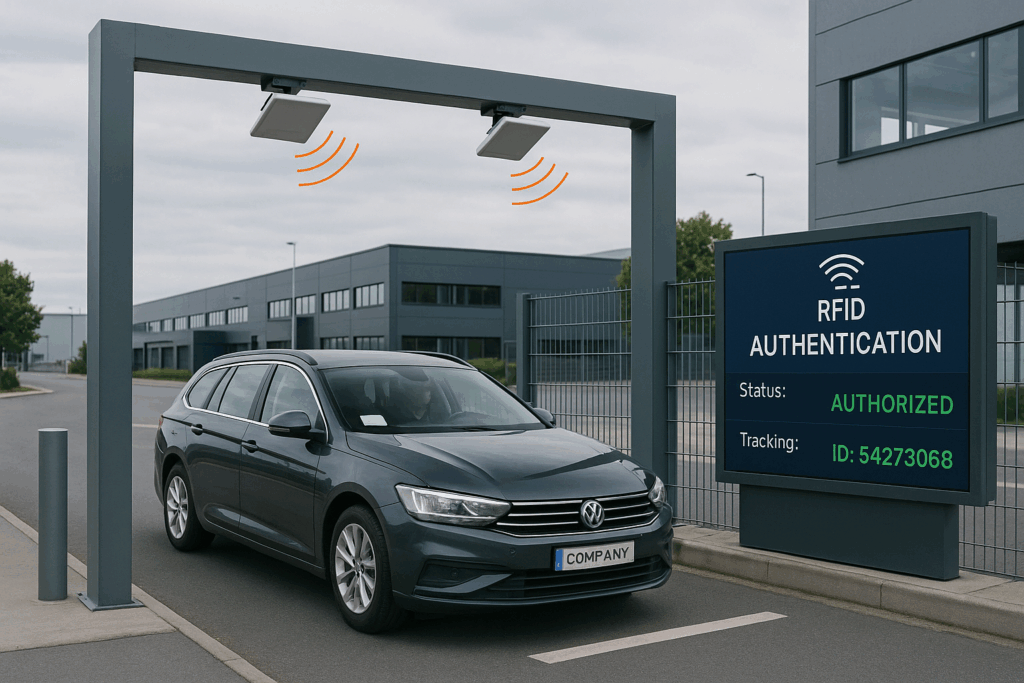Did you know that the asset tags market garnered a value of $1,765.6 million in 2022?
Keeping track of your field assets can be a challenge, especially when you have multiple locations and hundreds of items to manage.
Without an efficient system in place, it’s difficult to know which assets are where and who is responsible for them. This leads to wasted time and resources trying to locate missing or misplaced items.
Asset tagging with RFID technology offers businesses an effective way to identify their field assets quickly and accurately. With asset tags, companies can easily monitor the location of each item in real time, as well as keep track of maintenance schedules and other important information related to their equipment.
Keep reading to learn more about how asset tagging helps you identify your field assets here!
Table of Contents
ToggleWhat Is Asset Tagging?
Asset tagging (also known as asset tracking) is the process of attaching a unique identifier to an item or asset, typically in the form of a barcode or radio frequency identification (RFID) tag. The tags are used to track and manage assets for inventory control, theft prevention, and maintenance.
Which Assets Need Tags?
When it comes to asset tagging, not all assets are created equal. Businesses should prioritize asset tagging for their most valuable items and those that they need to quickly find or replace. Some examples of these items include:
- It equipment;
- Software licenses;
- Mobile assets;
- Machines, Equipment, and Tools;
- Furniture;
- Vehicles;
- Appliances.
IT equipment
When it comes to IT equipment, a properly tagged asset can provide detailed information such as manufacturer, model number, and serial number. This information is essential for tracking the lifecycle of an item and managing warranties.
Software licenses
Software licenses are expensive and need to be tracked carefully to ensure compliance with licensing regulations. Asset tags can help businesses track and manage their software licenses more efficiently.
Mobile assets
Mobile assets are often the most difficult to track, as they can be easily moved or pilfered. Asset tags can help businesses accurately locate and identify their mobile assets at all times.
Machines, Equipment, and Tools
Machines, equipment, and tools are typically the most expensive assets a business owns. Asset tags can help businesses easily identify these items and keep track of when they need to be serviced or replaced.
Furniture
Furniture is often overlooked when it comes to asset tagging, but it can be an important part of inventory control. Asset tags can help businesses easily locate and identify furniture when they need to move or replace it.
Vehicles
Vehicles are expensive assets and need to be tracked carefully. Asset tags can help businesses easily identify their vehicles and track when they need service or maintenance.
Appliances
Appliances are often overlooked when it comes to asset tagging, but they can still be important in terms of inventory control and maintenance. Asset tags can help businesses quickly identify appliances and keep track of their lifecycles.
Advantages of Asset Tagging with RFID
RFID asset tags offer several advantages over barcode tags, including:
More secure
RFID tags have become increasingly popular for asset tracking, as they provide enhanced security capabilities not available with bar code labels. RFID tags are more difficult to alter or falsify than bar codes, making them a much more reliable choice when it comes to asset tracking.
The encrypted data stored on an RFID tag is protected from unauthorized tampering, which means only authorized personnel can access or modify any information stored on the tag. Additionally, the ability to uniquely identify and track multiple items simultaneously using RFID provides organizations with a level of accuracy and security that cannot be achieved by employing traditional methods.
Overall, RFID tags offer a secure and highly accurate solution for asset tracking that provides peace of mind for companies looking to protect their valuable resources.
Faster identification
Quickly and accurately distinguishing between items can lower inventory costs; track the path of goods during transit; and reduce or even remove human input from filing, searching, and recording. While traditional barcodes require manual scanning – creating extensive data entry requirements – with RFID tagging, the process is automated and extremely fast.
Additionally, its non-contact design – in contrast to its barcode counterpart – makes it a more durable choice while affording users with more user-friendly interactions. It’s no wonder that RFID technologies are becoming increasingly popular – offering faster identification capabilities across industries.



